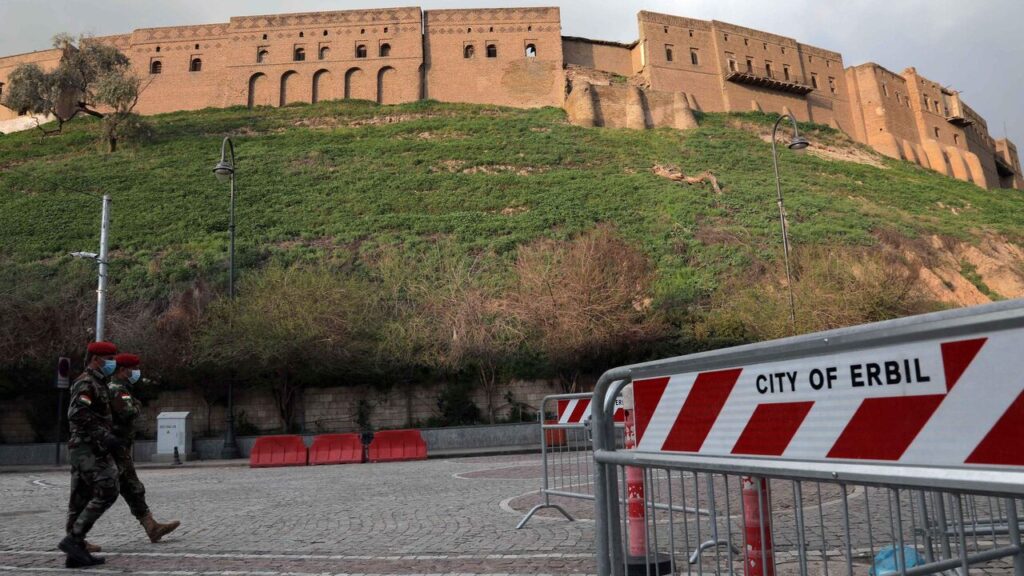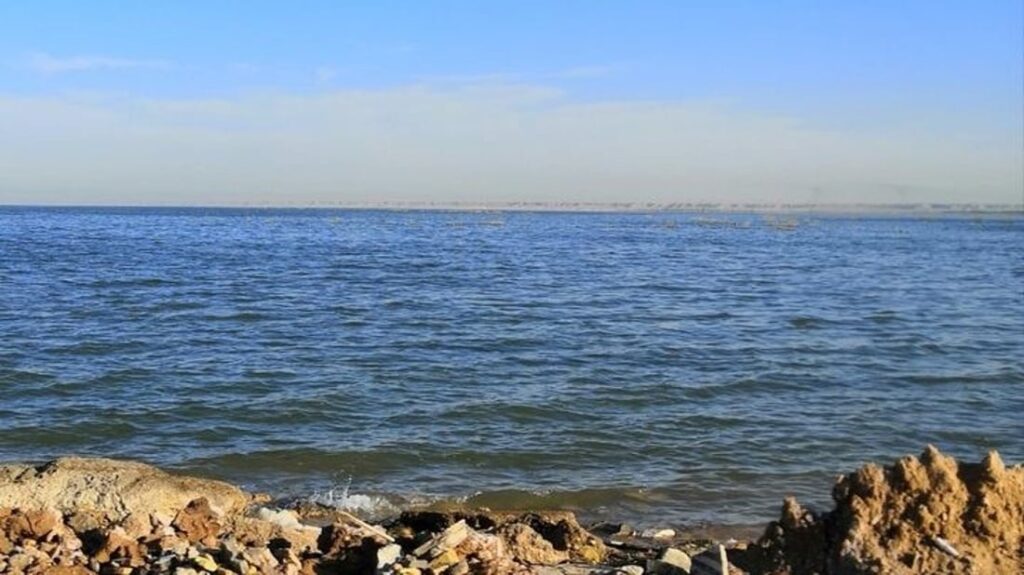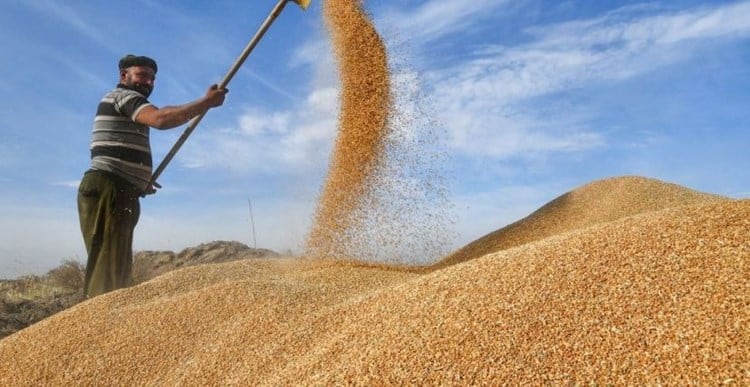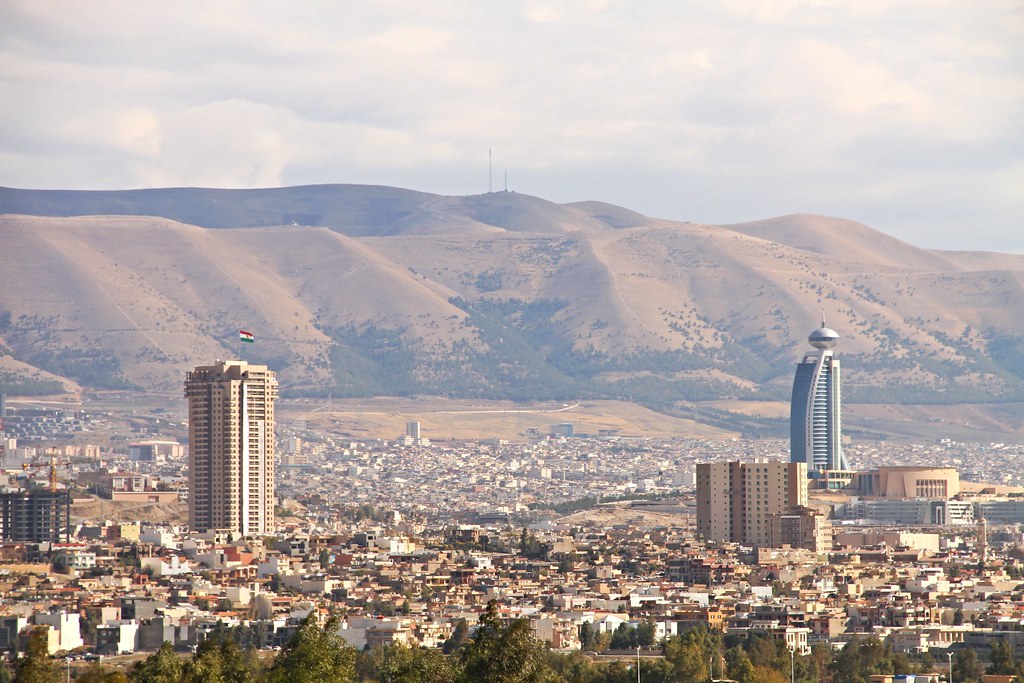Q&A: Habat al-Halbusi, chair of the Parliament Oil and Energy Committee

BAGHDAD - Habat al-Halbusi, the chair of the Parliament Oil and Energy Committee, says the strategic focus of Iraq's energy sector is clear: gas.
"The committee is made up of 23 MPs, some of whom used to be directors in the Oil Ministry," Halbusi said in an interview at his residence in Baghdad. "All of them, without exception, are in favor of investment in Iraqi gas. All of them."
Progress has been slow, however, because of bureaucratic delays and the machinations of powerful players — whom Halbusi declined to name but, he says, want to see Iraq remain dependent on imports of Iranian gas and electricity.
Aside from overseeing the work of the Oil and Electricity ministries, the members of the Oil and Energy Committee have been tasked with finalizing long-overdue legislation for the country's oil sector, including a revision to the law for the Iraqi National Oil Company (INOC). The new INOC legislation has received initial readings in Parliament, and a finalized draft will be ready for a vote "soon," Halbusi said.
Halbusi also spoke about gas and refinery investments in Anbar province, which he represents in Parliament as a member of the Taqadum ("Progress") party, led by Parliament Speaker Mohamed al-Halbusi.
Iraq Oil Report Attribution PolicyAll sources quoted or referenced spoke to Iraq Oil Report directly and exclusively, unless stated otherwise. Iraq Oil Report typically grants anonymity to sources that can't speak without risking their personal safety or job security. We only publish information from anonymous sources that we independently corroborate and are important to core elements of the story. We do not provide anonymity to sources whose purpose is to further personal or political agendas.
Iraq Oil Report Commitment to IndependenceIraq Oil Report strives to provide thoroughly vetted reporting and fair-minded analysis that enables readers to understand the dynamic events of Iraq. To meet this goal, we always seek to gather first-hand information on the ground, verify facts from multiple angles, and solicit input from every stakeholder involved in a given story.
We view our independence as an integral piece of our competitive advantage. Whereas many media entities in Iraq are owned or heavily influenced by political parties, Iraq Oil Report is wholly owned by several of its employees. In a landscape that is often polarized and politicized, we are able to gather and corroborate information from an unusually wide array of sources because we can speak with all of them in good faith.
To fund this enterprise, Iraq Oil Report depends on revenue from both advertising and subscriptions. Some of our advertisers and subscribers ‐ including companies, governments, and NGOs ‐ are also subjects of our reporting. Consistent with journalistic best practices, Iraq Oil Report maintains a strict firewall that removes business considerations from editorial decision-making. When we are choosing which stories to report and how to write them, our readers always come first.





